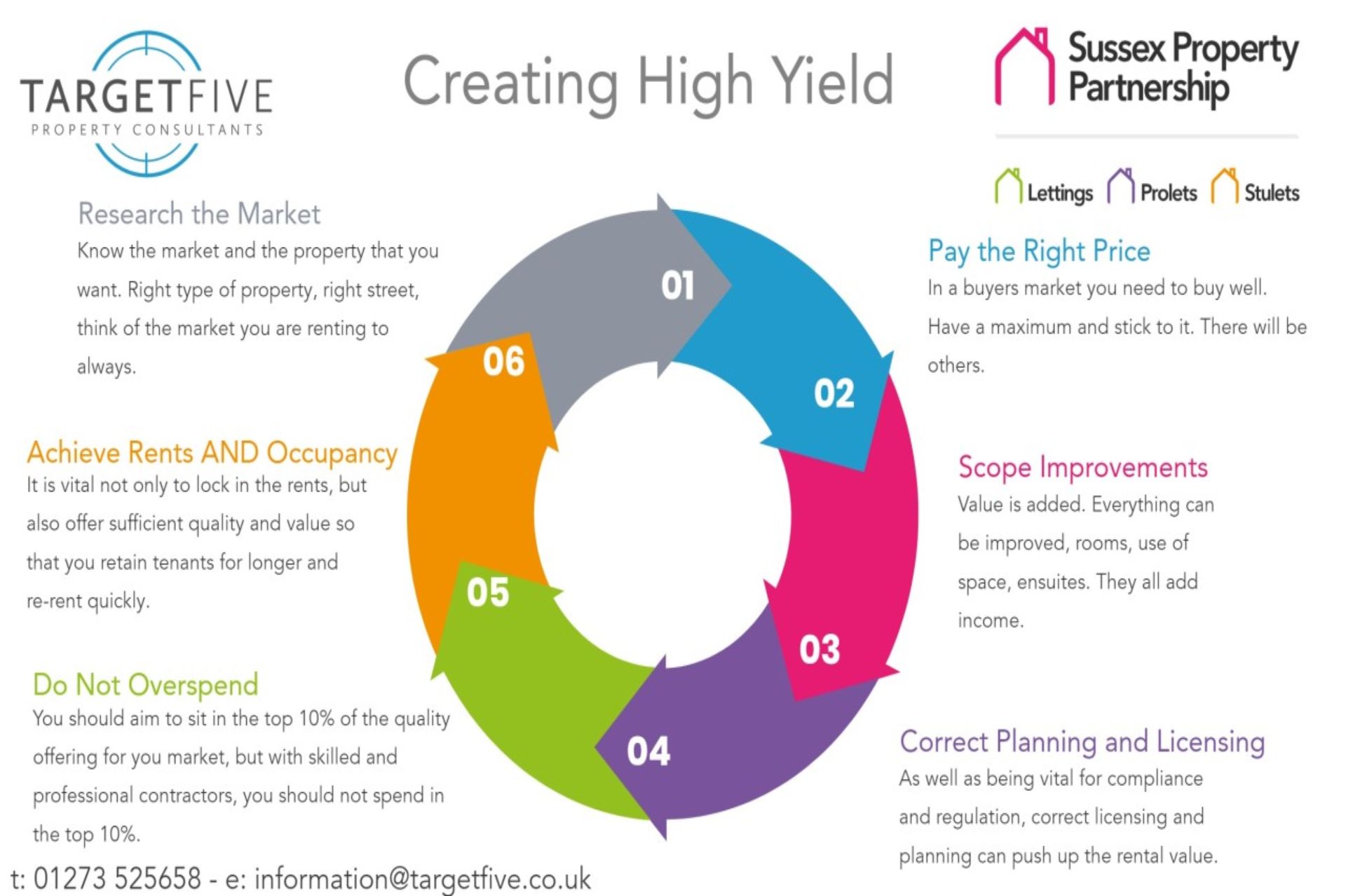Choose your favourite partnership or team. Cagney and Lacey, Torvill and Dean or Scholes and Keane – we all have favourites. Long term property investment needs to be a partnership between holding property and trading property, one for long term income, and one for short term capital growth.
Much is made nowadays on the need to focus – to stick to one thing and do it well. In a previous article, I discussed the need to choose if you are in property – to buy and hold for yield – or in money – to use the property as a trading vehicle to build cash reserves. I also intimated in that article that you should not be fully in one or the other. You need a blended approach. There should however be one central strategy built around one of these, with the other supporting.
To be in property and investing in property, you need money. You may start with money and get into property investment, or you may start with nothing and use property investment to build money up. From there you decide to build a portfolio for income or to continue to trade and make that your core strategy.
The need for a blended approach is both a practical one and a risk-related one. Practically in order to continue to build up a portfolio, there will at some stage be the need to put more capital in. Assuming property investment is what you do well and is your main vehicle to make money, you should then look to use this to build the cash reserves up. Having a blended approach also mitigates risk. No one really knows what will happen post-Covid 19 in the property market. We do not know whether a period of inflation will drive down the value of money and property up, or we will see a market correction or even collapse. Money and property are to an extent a hedge.
The likely outcome is that in the short-term being cash-rich will be good to take advantage of bargains. In the long term, however, it is likely that the fiscal measures the government takes to right the ship, Government Bonds or Quantitative Easing, will result in a devaluation of money. Holding assets in that situation will be beneficial as they will naturally gain value- if the value is measured in monetary terms!
In my next post I will talk about the need for a layered approach to long term property investment and the importance of creating an inner circle.
At T5 we have two clear strategies – income strategy – high yield property refurbishment and onwards rental and capital return strategy – land planning and development and resale. If you want to know how you can work with us or have any questions get in touch!
Andy Babbayan – Director of Target Five





